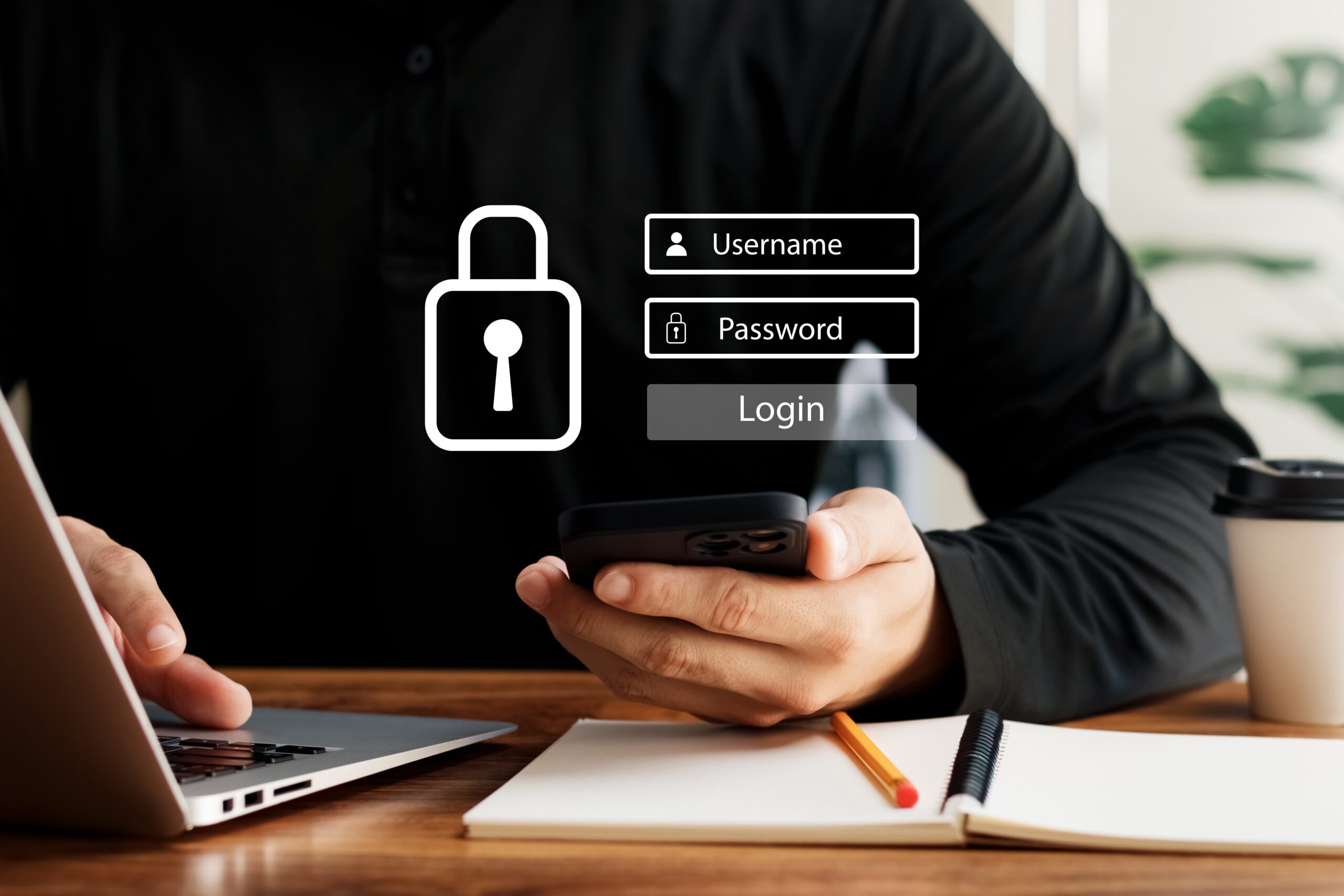When it comes to protecting your data online, using good password habits and multifactor authentication is key to reducing risk.
Unfortunately, many of us are not even using strong, unique passwords. Mobile security firm Lookout reports that “password,” “12345”, and “Qwerty123” are among the most commonly found passwords leaked on the dark web.
With an average person maintaining over 100 online accounts with passwords, reusing passwords is understandable but not advantageous. Simple passwords make it easy for hackers to compromise your accounts.
“Compromised, weak, and reused passwords still account for the majority of hacking-related data breaches,” Gaurav Banga, CEO and founder of cybersecurity firm Balbix told the Triple-I blog.
Balbix found that 99 percent of enterprise users recycle passwords across work accounts or between work and personal accounts. Their report also discovered that, on average, every single password is shared across nearly three accounts.
In 2020, research from Carnegie Mellon University found that just one in three people changed their passwords following the notice of a data breach, and most changed them to weaker or equally strong passwords.
Use Good Password Habits
When it comes to passwords, longer is stronger, so most experts recommend a length of at least 12 characters. But that can be challenging to remember.
Google offers the following tips to help you create longer passwords or passphrases that are easier to remember:
- A lyric from a song or poem
- A meaningful quote from a movie or speech
- A passage from a book
- A series of words that are meaningful to you
- An abbreviation: Make a password from the first letter of each word in a sentence
Many experts say one of the best ways to create and remember secure passwords is to use a password manager. Password managers are applications that can generate and keep track of complex and unique passwords for all of your accounts. All you have to remember is the password to the password manager.
Reviews of the numerous password managers are just an internet search away from websites, including CNET, Consumer Reports, NY Times Wirecutter, and WIRED. Many experts say when choosing a password manager, select one that supports 2-step verification.
Having a strong password is a good place to start, but don’t stop there. There are more steps you can take to help keep you and your personal data safe online, including purchasing a personal cyber insurance policy.


